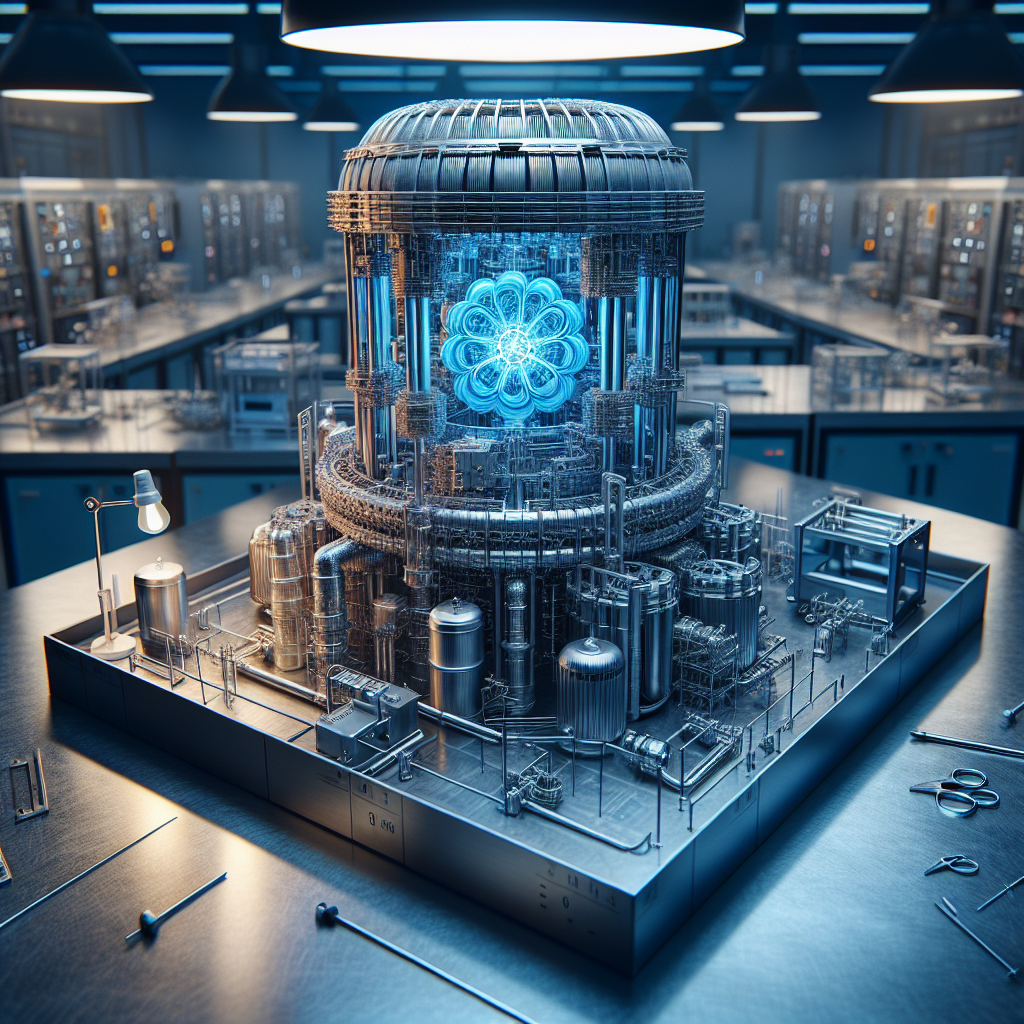Tsuruga No. 2 Reactor: A Nuclear Rejection
Japan's Nuclear Regulation Authority has disqualified the Tsuruga No. 2 reactor for restart due to unresolved safety concerns regarding active faults beneath it. The decision, a major setback for Japan Atomic Power, is the first under post-Fukushima safety standards and affects Japan's nuclear energy strategy.

- Country:
- Japan
In a landmark decision, Japan's Nuclear Regulation Authority (NRA) disqualified the Tsuruga No. 2 reactor from restarting, marking the first rejection under stricter safety standards implemented after the 2011 Fukushima disaster. This decision highlights ongoing safety concerns and challenges in Japan's nuclear energy policy.
The NRA's decision is based on unresolved safety risks stemming from potential active faults located beneath the reactor operated by Japan Atomic Power Co. After eight years of rigorous safety reviews troubled by data mishandlings, the NRA concluded there is no evidence to contradict the possibility of these faults being active.
This decision deals a significant blow to Japan Atomic Power, effectively ending hopes for restarting the reactor, which has been offline since May 2011. It complicates Japan's broader strategy to maximize nuclear energy usage for a stable power supply and carbon neutrality goals by 2050. Concerns about nuclear safety remain high, particularly following recent seismic activities.
(With inputs from agencies.)










